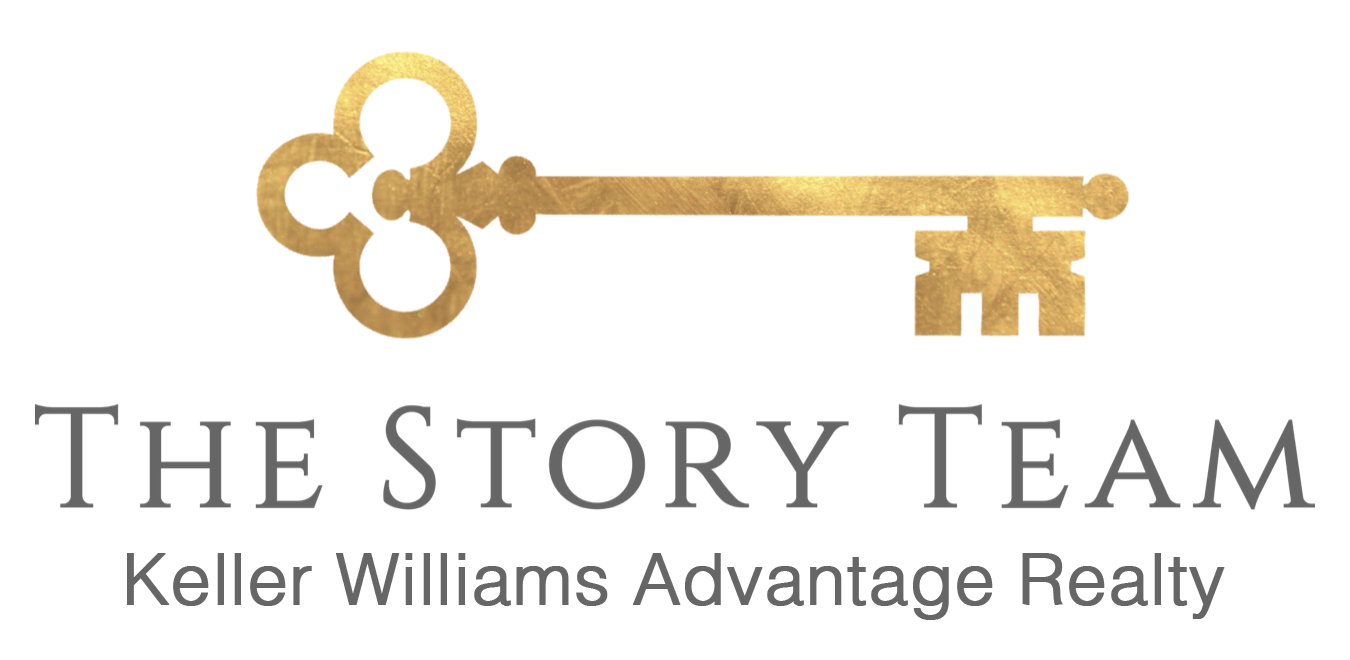Why Your First Week on the Market Is Crucial

Donna Story
Real Estate was the perfect choice for Donna because she loves working with people. Her involvement in the community and industry knowledge help...
Real Estate was the perfect choice for Donna because she loves working with people. Her involvement in the community and industry knowledge help...
There’s a mix of excitement and nerves when your home finally goes live on the market. The listing is up, the photos are ready to be viewed, and you’ve got that open house on the calendar. For many sellers, this is when the process feels truly real.
And here’s a key point: how your home performs during that first week can significantly influence the entire sale process.
It might sound a bit dramatic, but it’s true. The first seven days carry more weight than most realize—this is when your listing is fresh, your potential buyers are actively engaged, and your pricing strategy faces its first real test.
So, let’s explore why those early days matter so much—and how you can set yourself up for success before the clock starts ticking.
You’re Competing With Every “Saved Search” Notification
Many serious buyers have already set up instant alerts. They’re notified the moment a new home in their price range hits the MLS. In the current market, where a significant percentage of homes sell within the first two weeks (recent data indicates around 65% of homes go under contract in 14 days or less), that early exposure is especially important.
Buyers aren’t just browsing; they’re acting quickly. Fresh listings tend to get the most buzz. After about 10 days, interest usually drops off unless there’s a price change or if the home is relisted.
This means you’ve got roughly a one-week window to capture attention while your listing is still at the top of buyers’ feeds.
The First Price Is the Only Price That Matters
In the current market, pricing your home correctly from day one is crucial. A recent report from Zillow highlighted that 84% of sellers who had to reduce their price after listing felt regret—often because it led to lower offers and a longer time on the market.
When priced right from the start, a home doesn’t just attract buyers; it invites competition. Buyers know a well-priced home won’t last long, which can lead to stronger offers and better terms.
On the flip side, if you price your home too high, you might find yourself needing to lower the price later, which can send the wrong signals. Many buyers interpret price drops as a sign that something’s wrong—even if that’s not the case. Plus, you risk coming off as desperate, which often leads to lower offers.
The bottom line? The longer your home sits without an offer, the more likely you are to accept less than you could’ve received with a smarter launch strategy.
Buyers Will Pay More When They Feel the Competition
If your home hits the market at a fair, data-driven price—and it looks great—you’re not just attracting buyers. You’re creating a sense of competition.
This is the difference between receiving one offer at asking price versus getting three offers, including one that waives contingencies and offers flexible closing terms.
In 2025, we’re dealing with a sensitive market. Current mortgage rates are hovering around 6.2% to 6.5%, so buyers are more selective than they were during the era of ultra-low rates. But there are still plenty of motivated buyers out there, and when they find the right home, they tend to act quickly.
If you can generate that sense of urgency early on, you’re in a good position.
The Right Prep Equals Maximum Leverage
A successful first week isn’t just a matter of luck; it’s about preparation. This includes:
- Hiring a professional stager or getting styling advice
- Using crisp, high-resolution photography and video
- Crafting an engaging listing description
- Implementing a strategic digital marketing plan that reaches buyers where they are—whether on Instagram, email, Facebook, or other platforms
Why’s this all important? Because the broader your exposure in that first week, the better your chances of attracting serious buyers early on. Every showing, every inquiry, and every conversation that happens in that first week increases your odds of receiving a strong offer.
This early activity also builds social proof. When buyers see others touring the home or asking questions, it reinforces the idea that this is a property worth acting on quickly.
Your Best Offer Might Come First
There’s a common misconception that you should wait to see what comes in “next week.” But in this market, your strongest offer often comes within the first 3 to 7 days.
Buyers making early offers are typically the most qualified and motivated. They’ve been watching and waiting, ready to act decisively.
If you hesitate or hold out too long, you risk missing that window and moving into the category of “stale listings” that buyers start to overlook.
The Bottom Line
You only get one chance to make a first impression, and in real estate, that chance lasts about a week.
This doesn’t mean you need to rush to market before you’re ready. But it does mean you should be thoughtful about your preparation. When your home hits the market, it should do so strongly—with a competitive price, professional marketing, and a clear strategy in place.
Think of that first week as your launch window. The more intentional you are before you list, the more successful that launch will be.
If you’re considering selling your home, the best thing you can do is consult with a knowledgeable real estate agent who understands the local market and is skilled at maximizing those critical first days. The right guidance can truly make a difference—not only in how fast your home sells but in how much you ultimately walk away with.
Thinking about selling your home?
Get in touch. We'll guide you through every step of the process to ensure a smooth transaction that meets your goals.

